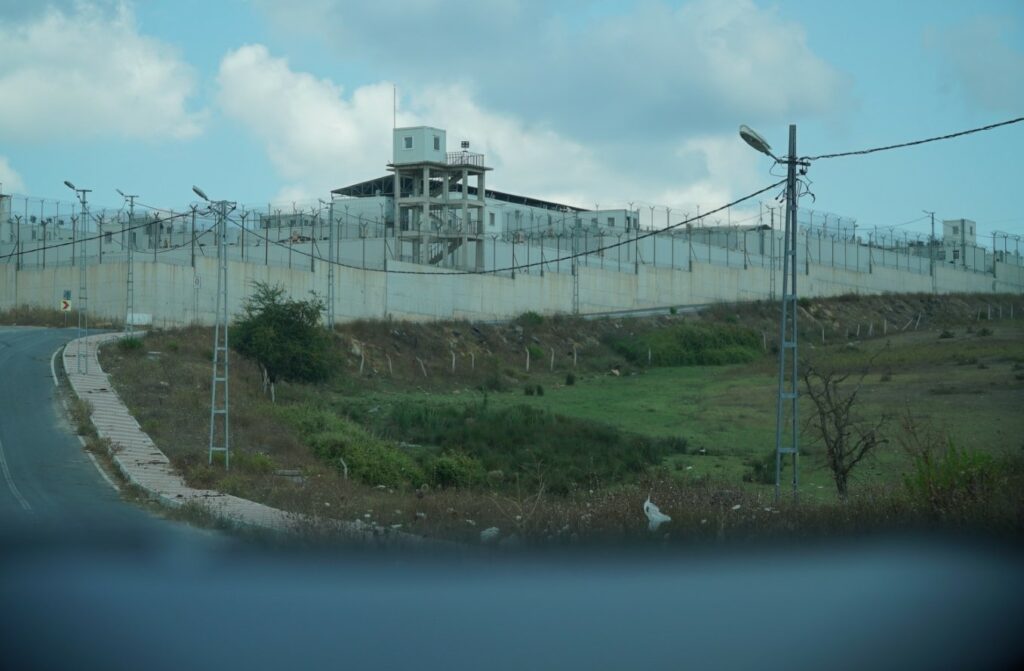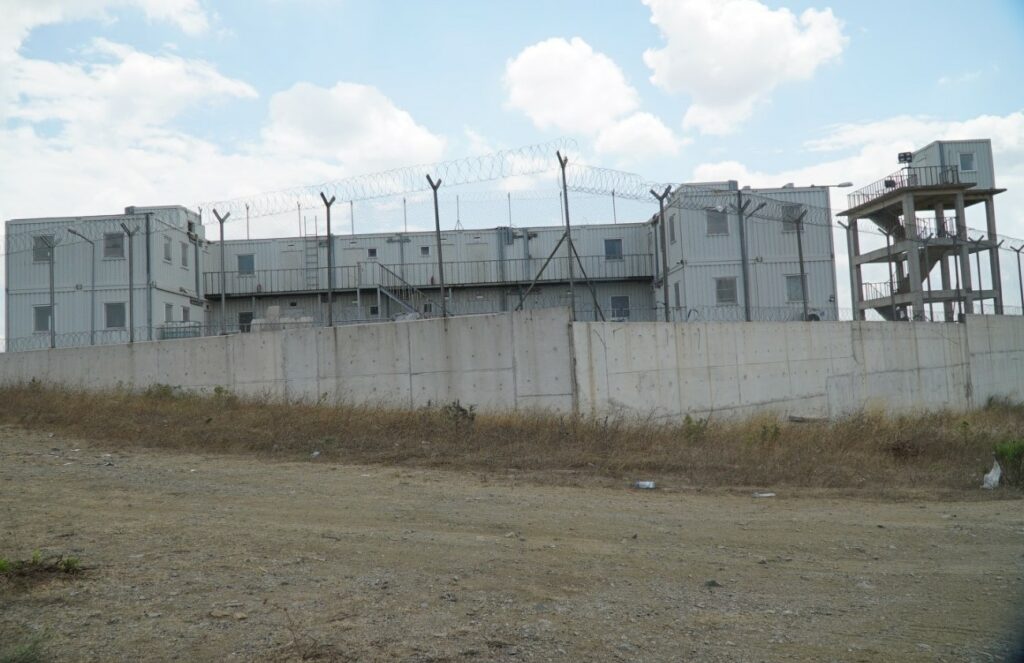Lighthouse Reports, an investigative consortium, published on Friday a report on EU-funded removal centres in Turkey where refugees are detained under difficult conditions until they are forcibly deported to unsafe countries such as Syria and Afghanistan.
According to the new report, which was published among others by Politico Europe, the consortium found evidence of widespread and systematic beatings, lack of access to lawyers, overcrowding and unsanitary conditions in the removal centres. When EU diplomats and officials raised red flags, they were ignored, the report claims.
These issues were “systematically erased” from the EU’s annual reports on Turkey, a former EU official told Lighthouse Reports on the condition of anonymity. “Everybody knows. People are closing their eyes,” he said. Lighthouse Reports told The Brussels Times that the consortium could not disclose the names of the countries of the diplomats concerned.
The journalists obtained hundreds of pages of internal EU documents through freedom of information (FOI) requests, spoke to more than 100 sources including 37 former detainees in 22 different removal centres, and analysed visual evidence of forced returns and conditions inside the centres.
The majority of interviewed former detainees described being forced or pressured to sign voluntary return forms, or having forms signed on their behalf without their consent. They reported being beaten or witnessing other detainees being beaten by police or guards to force them to sign.
In a previous report from December last year, the investigative journalists working for several well-known media outlets, reported that the European Border and Coast Guard Agency (Frontex) had been sharing coordinates of migrant boats in distress in the Mediterranean Sea with a vessel run by a militia in eastern Libya.
Then the Commission and the EU agency declined to comment on the allegations in the report. This time the allegations hardly came as a surprise to the Commission. In its own report on Turkey last year, as part of its annual enlargement package, the Commission wrote that, “Recurrent allegations of human rights violations in the field of migration, particularly in removal centres, remain a concern”.
There are about 30 such centres across Turkey. The EU has spent at least €213 million on the centres since 2007, according to Lighthouse Reports. In total, the EU has mobilised close to €10 billion in support for refugees in Turkey since 2011 following the civil war in Syria.
In 2016, the EU signed the EU-Turkey Statement (agreement) aimed at stopping the flow of irregular migration via Turkey to Europe and supporting Turkey in hosting millions of refugees. EU funds continued to be used for personnel, services, equipment at the centres, although they in recent years changed purpose and had been transformed to detention centres behind barbed wire.
In Turkey, the climate for refugees has hardened. In the local elections last Spring, both government and opposition called for deporting refugees. According to the Commission report, civil society, bar associations and various media reported incidents of alleged human rights violations as well as pervasive challenges relating to access to rights and services in the removal centres.
In 2022, more than 280 000 irregular migrants were apprehended, most of whom were subject to return procedures in removal centres. The Commission writes that Turkey carries out voluntary returns of irregular migrants financed through national as well as EU funds but according to its own figures only a few thousand migrants have been returned voluntarily.
“Turkey maintains that all Syrian returns are voluntary,” May Bulman, Investigations Editor at Lighthouse Reports and co-author of the report, says. “However Syrian officials at one border crossing provided us with detailed statistics on how many Syrians had returned voluntarily and how many were forcibly deported.”
The figures showed that about 27,000 or half of all deported at the border crossing in 2023 and 2024 were forced returns. Data from Syrian authorities at all four border crossings with Turkey show that a total of 69,000 Syrians were deported in 2023 and 52,000 in 2022.

Removal centre, credit: Lighthouse Reports
The Commission’s response
Asked on Friday to comment on Lighthouse’s report, a Commission spokesperson acknowledged the questions raised by journalists but declined to say if the Commission was aware of the alleged abuses in the removal centres or had raised the issue with the Turkish authorities.
“Turkey remains a key partner to the EU and a candidate country,” the spokesperson said. “The EU has shown great solidarity with Turkey and mobilized billions in euros in in support of refugees and host communities in Turkey, including the removal centres for voluntary return. The assistance aims at improving governance in migration management in line with EU and international standards.”
However, legislation in this area is only partially aligned with the EU acquis, according to the Commission’s report in 2023. The vast majority of persons seeking international protection in Turkey cannot apply for fully-fledged refugee status but only for ‘conditional refugee’ status and subsidiary protection.
“Turkey has its own set of regulations when it comes to the recognition of refugee status,“ the spokesperson admitted. “The fundamental rights of individuals and the principle of non-refoulement must always be respected but the enforcement and protection of them remains the responsibility of Turkey.” The principle means that no-one should be returned to a country where he/she would face persecution.
The Syrian refugees are deported to a border area in the north of Syria which is occupied by Turkey. According to the UN Human Rights Office, “There are reasonable grounds to believe that the overall conditions in Syria do not permit safe, dignified and sustainable returns of Syrian refuges to their home country.” Is it all safe to return refugees to any part of Syria?
“There is no common EU list of safe countries,” the Commission spokesperson replied. “This is a matter for individual Member States.”
“We have made clear that any returns must be in line with international standards and law. The Commission regularly monitors the human rights situation in Turkey and the situation is also discussed in the high-level political dialogue with Turkey.” Work is also ongoing with next enlargement report which is due later this Autumn.
“It’s the responsibility of the Turkish authorities, that manage the removal centres, to investigate the allegations of wrongdoing. We urge the Turkish authorities to do so.” The spokesperson added that, “If we’ll receive evidence of breaches of human rights, we’ll address the situation.”
Lighthouse Reports says that it has provided evidence but apparently it is not enough and the Commission might be waiting for a whistleblower to come forward.
M. Apelblat
The Brussels Times

